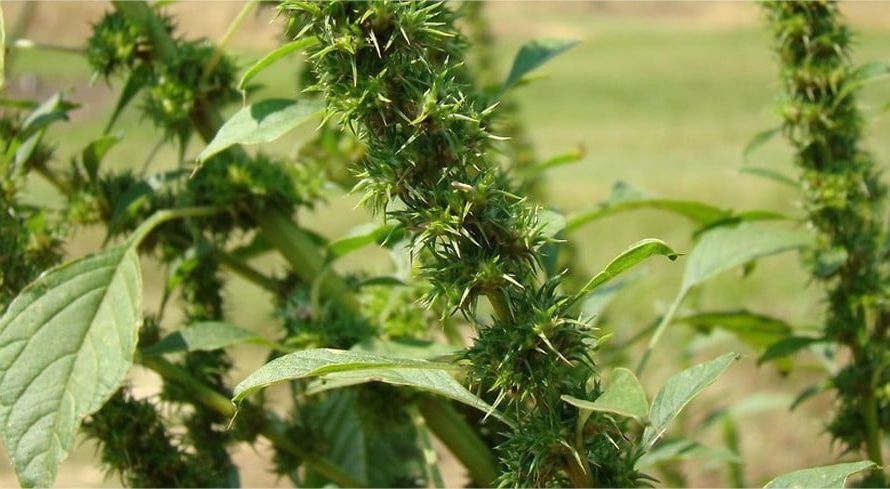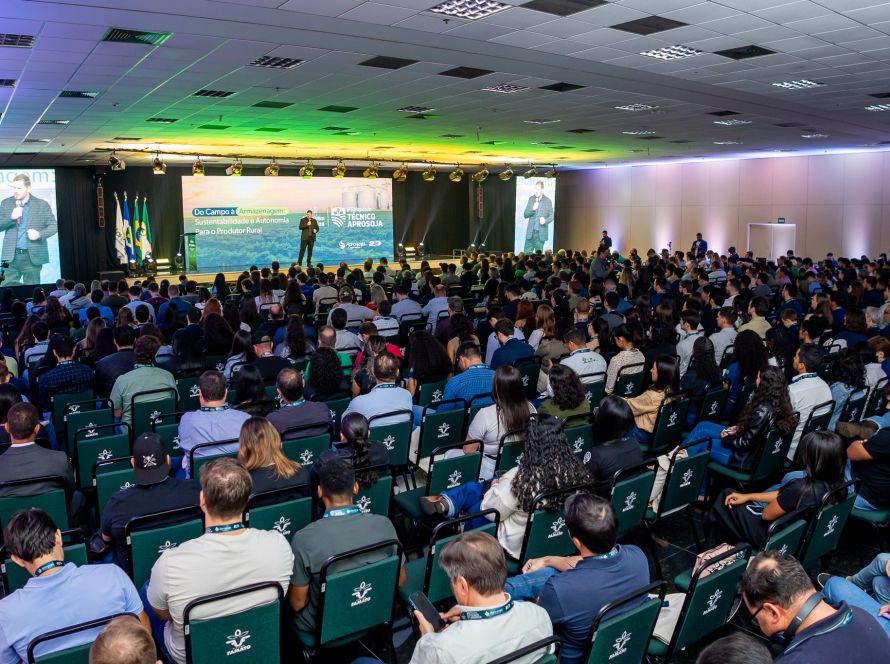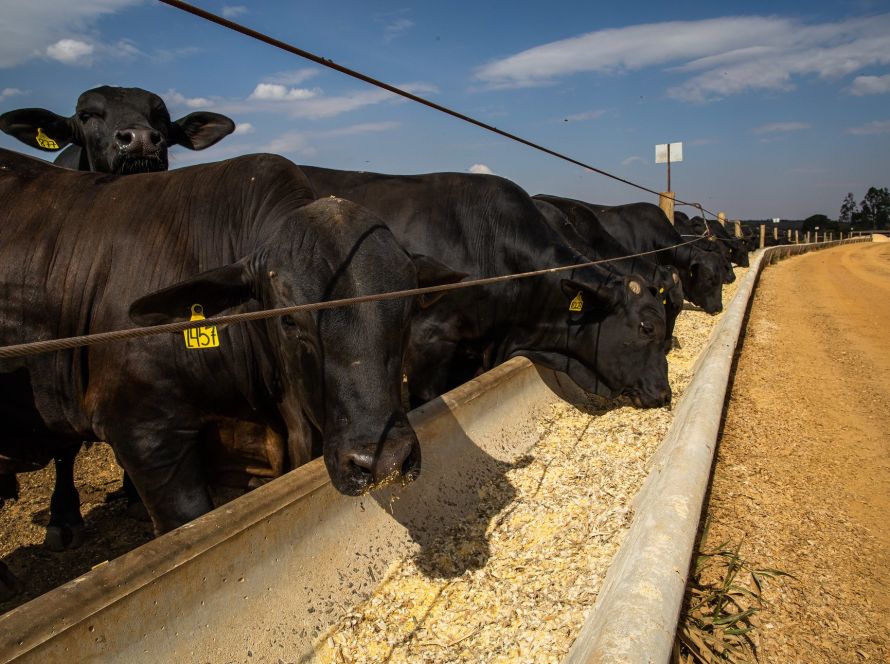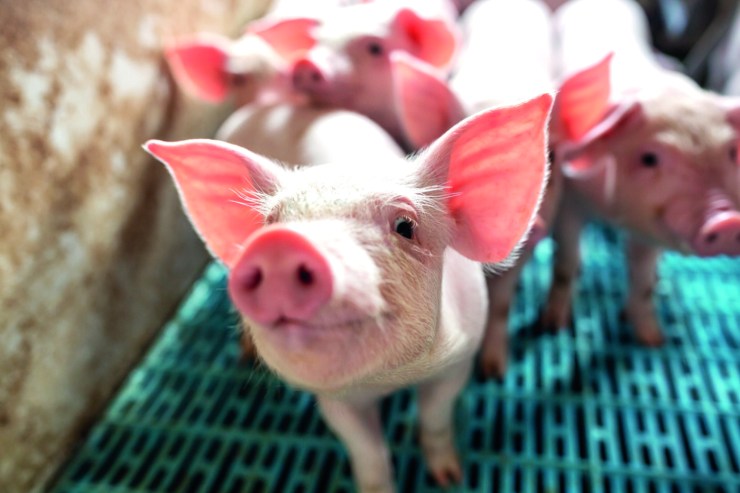After more than four decades of fighting foot-and-mouth disease, Mato Grosso will be officially recognized as a disease-free zone without vaccination, the highest health status granted by the World Organization for Animal Health (WHO). The certificate will be awarded on May 29, during the organization's 92nd World Assembly, with the presence of delegations from more than 180 countries.
This is one of the most emblematic moments in the international agricultural scenario for Brazil's main producer of animal protein. Led by Vice-Governor Otaviano Pivetta, a delegation formed by representatives of the State Secretariat for Economic Development (Sedec), the Institute for Agricultural Defense (Indea), the Mato Grosso Breeders Association (Acrimat), the Agriculture and Livestock Federation (Famato), the Pig Breeders Association (Acrismat), the Mato Grosso Emergency Fund for Animal Health (FESA), the Mato Grosso Meat Institute (Imac) and rural producers are heading to Paris for the WHO World Assembly, whose program begins on May 25 and ends on May 29 with the certifications.
This recognition marks the end of a journey that began in the 1970s, when foot-and-mouth disease was a constant threat to livestock in Mato Grosso. The last outbreak of the disease in Mato Grosso was recorded in 1996. Since then, with vaccination campaigns, institutional structuring and engagement of the production sector, the state achieved certification as a free zone with vaccination in 2001. That year, the herd consisted of 22 million head. Today, there are 33 million head of cattle, the largest herd in Brazil, according to data from Indea.
This evolution is portrayed in the book “Goodbye to the Virus – Eradication of Foot-and-Mouth Disease: Mato Grosso’s Participation in the Greatest Veterinary Epic in the Americas”, by journalists Martha Medeiros and Sérgio Oliveira. The work highlights the joint and multifaceted efforts of public and private entities, from the creation of Indea in 1979 to the formation of emergency funds such as FEFA and, later, FESA-MT, which were essential for financing health actions.
For Governor Mauro Mendes, this historic certification is further proof of the quality of our cattle and pig herds and the coordinated work between the government and the production sector.
“The certification shows that Mato Grosso producers are extremely competitive and that is why our state has been increasingly advancing on the global stage. A great victory for Mato Grosso and for the agribusiness sector in Mato Grosso,” he says.
FESA-MT executive manager Juliano Latorraca Ponce emphasizes that certification without vaccination projects the state to a new level of global competitiveness. Since 2001, with the first certificate, the state has experienced a greater appreciation of its herd, boosted investments in genetics, management, technology and now with certification as a free zone without vaccination, the expectation is for an even greater leap.
“We will access more demanding and valued markets, with greater appreciation of our livestock and pork and beef products. FESA will continue to be a strategic pillar in health surveillance and in the rapid response to any future threat,” he comments.
For the Secretary of State for Economic Development, César Miranda, the achievement is the result of decades of collective work between the Government of Mato Grosso, entities in the productive sector and rural producers.
“This is a historic moment. We will open doors for countries like Japan and South Korea, which only buy meat from areas recognized as free from vaccination. Certification brings benefits not only to cattle farming, but also to pig farming, which will be able to expand exports. Mato Grosso has once again shown that it is a reference in producing with quality, environmental responsibility and innovation,” says César Miranda.
According to the State Secretary of Finance, Rogério Gallo, this certification will allow meat produced in Mato Grosso to access very demanding markets, such as Japan. “This will further boost our exports and can stabilize the prices paid to producers, guaranteeing better income to thousands of cattle and pig farmers in our state,” he emphasizes.
Indea president Emanuele Almeida comments that this will be the first time that the entire territory of Mato Grosso will be certified with the highest health status. Until now, only the municipalities of Juína, Colniza, Aripuanã and Rondolândia enjoyed this status because they border Rondônia, which is already a foot-and-mouth disease free zone without vaccination.
“We already had a small area recognized, but now it is the entire state. It is a dream come true, the result of the tireless work of technical teams, producers and institutions over decades,” he said.
Veterinarian Ana Schmidt, from Indea, responsible for the foot-and-mouth disease surveillance program, emphasizes that the challenge, from now on, will be to maintain active surveillance and an efficient notification system.
“Without vaccination, we must be extra vigilant. Surveillance is our main shield against the reintroduction of the virus.”
The impact of this achievement is also reflected in the economy. In 2023, Mato Grosso's beef exports totaled US$1.5 billion, with Asia as the main destination, according to the Brazilian Association of Meat Exporting Industries (Abiec). The free status without vaccination should further enhance this performance, strengthening local agribusiness and consolidating the state as a global health powerhouse.





